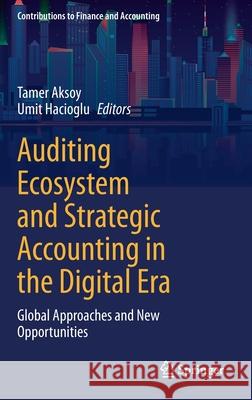Auditing Ecosystem and Strategic Accounting in the Digital Era: Global Approaches and New Opportunities » książka
topmenu
Auditing Ecosystem and Strategic Accounting in the Digital Era: Global Approaches and New Opportunities
ISBN-13: 9783030726270 / Angielski / Twarda / 2021 / 427 str.
Auditing Ecosystem and Strategic Accounting in the Digital Era: Global Approaches and New Opportunities
ISBN-13: 9783030726270 / Angielski / Twarda / 2021 / 427 str.
cena 806,99
(netto: 768,56 VAT: 5%)
Najniższa cena z 30 dni: 693,97
(netto: 768,56 VAT: 5%)
Najniższa cena z 30 dni: 693,97
Termin realizacji zamówienia:
ok. 22 dni roboczych.
ok. 22 dni roboczych.
Darmowa dostawa!
Kategorie:
Kategorie BISAC:
Wydawca:
Springer
Seria wydawnicza:
Język:
Angielski
ISBN-13:
9783030726270
Rok wydania:
2021
Wydanie:
2021
Numer serii:
001141865
Ilość stron:
427
Waga:
0.81 kg
Wymiary:
23.39 x 15.6 x 2.54
Oprawa:
Twarda
Wolumenów:
01
Dodatkowe informacje:
Wydanie ilustrowane











